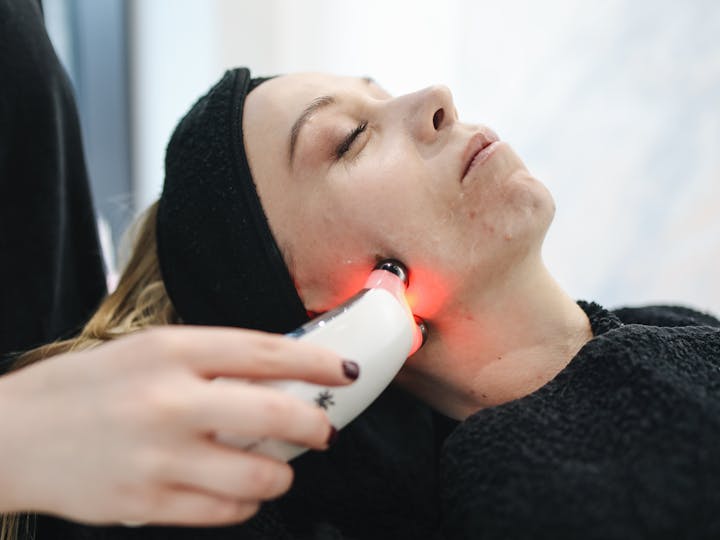Cosmetic treatments used to be all about adding more volume, more shape, more visibility. For a while, that was the goal. But quietly, something has been shifting. More women are stepping back, rethinking, and in some cases, undoing what they once chose to enhance.
It’s not about judgment or trends. It’s about a change of mindset, lifestyle, and comfort. If you’ve noticed this shift in places like Miami or even within your circle, you’re not imagining it. Women are listening to their bodies in new ways and making different decisions than they would have a decade ago.
So in this post, we’ll look at why some are choosing to reverse their cosmetic procedures—and why that choice is less about going backward and more about moving forward in a way that feels right.
1. The Original Decision No Longer Fits
Every cosmetic decision is made in a moment. It could be confidence-related. Maybe it was curiosity. For some, it was about fitting into a certain look or feeling more confident in their clothes. But over time, priorities can shift. What once felt exciting can start to feel distant or even unnecessary.
Reversing a procedure isn’t always about dissatisfaction—it’s about honesty. Many women say the change came from within. They are simply no longer related to the original reason. Choosing to undo it becomes an act of growth, not regret.
2. Physical Discomfort Is a Real Factor
Cosmetic work is meant to enhance, but sometimes it introduces new challenges. Implants, for example, can cause tightness or discomfort. Others might notice changes in movement or posture.
In more serious cases, scar tissue forms around the implant, leading to firmness or distortion. These changes can create both physical and emotional tension. That’s why more women are choosing procedures like breast explant Miami, especially in cases where comfort becomes a daily concern. Skilled providers in the area handle removal carefully, often combining it with revision work to restore balance and support healing.
3. Health Awareness Leads to Reassessment
Some women begin to feel off in ways they can’t ignore—fatigue, inflammation, or general unease. While not always tied directly to a cosmetic procedure, these symptoms spark reflection. The rise in health-focused lifestyles has made women more aware of what they place in or on their bodies.
Removing implants or reducing filler use becomes part of that broader awareness. It is less about fear and more about tuning into what their body is asking for. This decision often comes after research, reflection, and real discussions with medical professionals.
4. Life Evolves, and So Does Aesthetics
At different ages and stages, people view their bodies differently. A woman in her 20s may want volume or structure that makes her feel bold. A woman in her 40s may want less attention and more ease.
Life experiences like motherhood, career shifts, or fitness routines change how enhancements feel. What once aligned with a lifestyle may now feel like extra effort or pressure. Reversing a procedure is sometimes just about wanting to feel more natural again. Not for the sake of minimalism, but for alignment with who they are now.
5. The Emotional Impact Often Goes Unspoken
Cosmetic work affects more than the surface. Some women feel ongoing anxiety about maintaining results. Others say they felt pressure to keep up a version of themselves that no longer matched their true feelings. Over time, this can lead to quiet frustration.
Reversal, for them, is not a step back. It’s relief. It’s about looking in the mirror and feeling at peace. That shift is hard to explain but deeply personal. It’s not about pleasing others—it’s about finding comfort in your reflection.
6. A Preference for Subtle, Not Synthetic
The newer movement isn’t anti-beauty. It’s about balance. Some women still enjoy enhancements, but they want them to be softer, less obvious, and easier to manage. That might mean swapping larger implants for smaller ones or choosing a lift instead. It could be dissolving lip filler or easing up on Botox.
Subtle changes are still changes—they just come with less maintenance and less visible alteration. The goal is not to erase the work but to make it work better for today’s life.
Concluding Thoughts
Sometimes, the most important decisions aren’t about doing more—they’re about knowing when to pause or even step back. Reversing a procedure isn’t giving up. It’s choosing what feels right now. For many women, that choice brings a kind of peace they didn’t expect. And when it comes from a place of clarity, it’s always the right call.




